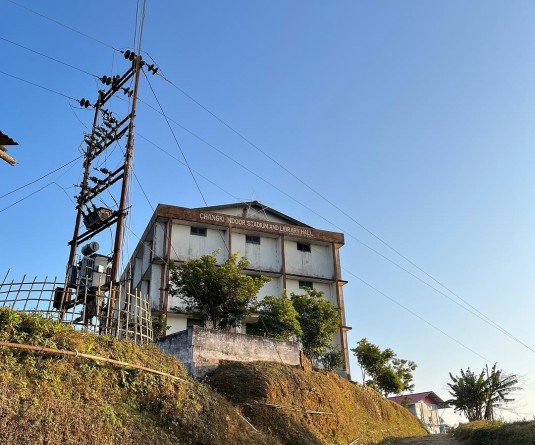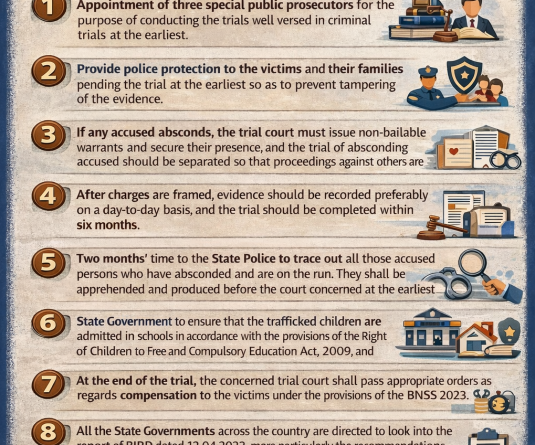
KDLSA’s workshop examines Juvenile Justice System
Dimapur, April 27 (MExN): Children constitutes 46% of the population constitute, but half of them are in most pathetic circumstances like in orphanage, Observation Home, Shelter Home, Special Home or After Care Home, observed Akumla Longchari, Co-ordinator cum Master Trainer, NSLSA today during a talk on Juvenile Justice Act 2015.
She was speaking at a ‘One day training/workshop on Juvenile Justice System’ organised by Kohima District Legal Services Authority (KDLSA) on April 27 at DC Conference Hall, Kohima.
Elucidating further Longchari said that there are two different types of children under Juvenile Justice Act namely - children in need of care and protection and children in conflict with law.
“It is the responsibility of every stakeholder to identity the category in which these children fits in,” she added.
The NSLSA Master Trainer further pointed out that different Acts, schemes and provision enacted by the Government cannot be implemented effectively mainly because of the narrow understanding of the stakeholders.
“As such, National Legal Services Authority has provided child friendly legal services scheme to facilitate the proper implementation of these acts,” she further informed
Delivering the keynote address, Victo Sema NJS, Chief Judicial Magistrate & Secretary, KDLSA said that children are the most vulnerable section of the society as well as the nation builder.
“If these children are not protected then every individual will be accountable,” he stressed further highlighting the Acts and provisions provided for the 'children who are in conflict with law'.
The KDLSA Secretary also appraised everyone to handle the cases of juvenile “with much care, protection and in confidential.”
Visevonuo, Principal Kohima Law College & Juvenile Justice Board member while sharing her ‘experiences on juvenile’ said that every child is unique and have some potential in them however because of their circumstances they are “pushed into the world of crime.”
Most children who come to shelter homes or observation homes are mostly from broken family, abusive parent or from a low economic background, she noted.
Family, churches, school and community as a whole plays a very essential role in the life of a child, and they should be properly sensitized for developing positive attitude, Visevonuo maintained.
She also appealed everyone to have a “human touch and concern towards the children.”
The training programme, chaired by Apila Sangtem, Panel Lawyer, KDLSA also had an interactive session where participants from Observation Home, Shelter Home, Orphanage, NNP+, Juvenile Justice Board and KDLSA members clear away their queries and doubts, informed a press report from the workshop.





